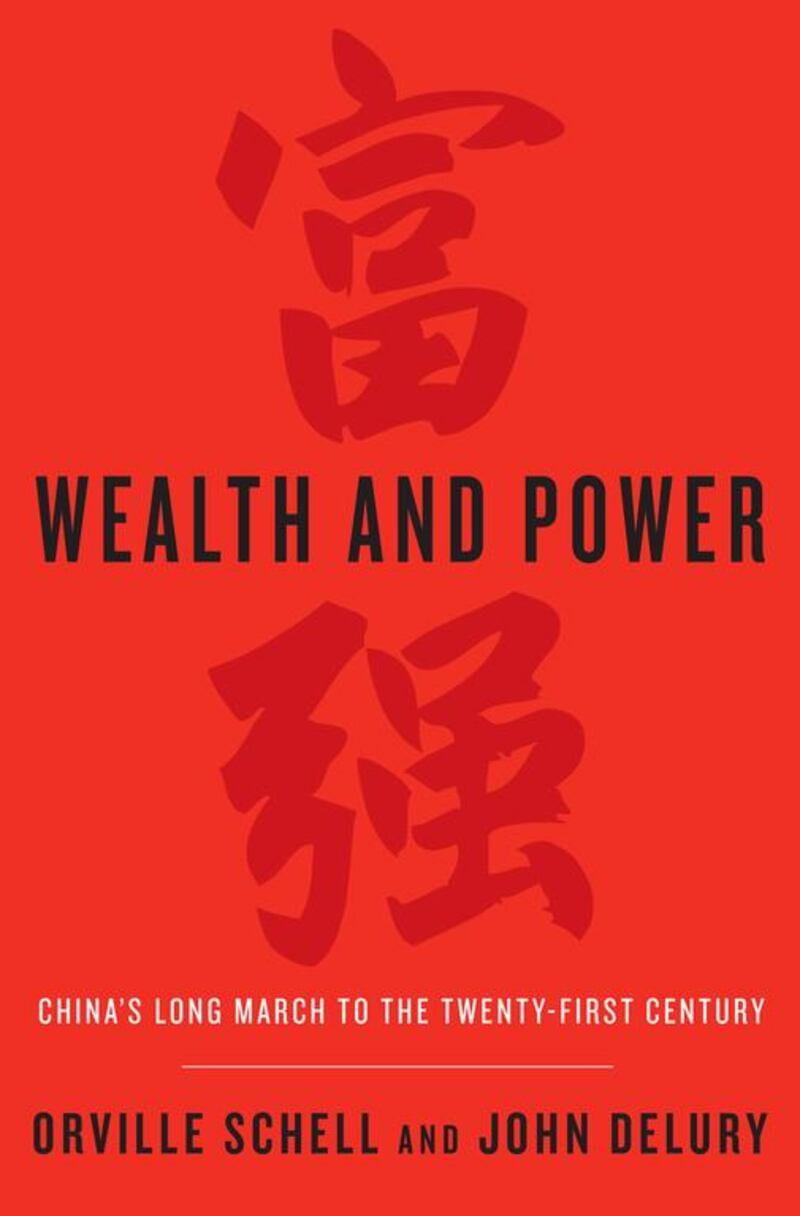Wealth and Power is a work of intellectual history disguised as a guide to China's economic development.
It covers a fascinating period of upheavals, riots and revolutions, social, economic, and political. As the book’s authors Orville Schell and John Delury make abundantly clear: progress is hard.
China suffered dismemberment and punitive legal and financial sanctions at the hands of colonial powers throughout the 19th century and into the early 20th.
“The Chinese government … is strong enough … [only] to keep the great Chinese cow steady while foreigners extract the milk,” wrote the British vice-consul in Canton in 1895.
Such insults inspired national soul-searching, exemplified by National Humiliation Day, an annual event during which Chinese citizens were invited to reflect on the shame of foreign intervention in their country.
Shame is a motive force in the Confucian tradition, write Schell and Delury. As with the Eskimos, and their apocryphal glut of synonyms for ‘snow’, so too with the Chinese and ‘ignominy’. Mandarin boasts more than one hundred similar words, apparently.
This national self-flagellation habit motivated a generation of intellectuals to action.
Individuals like Sun Yat-sen and Wei Yuan diagnosed China’s Confucian culture and antiquated bureaucracy as insuperable obstacles to modernisation. So they advocated national strengthening through force of arms and economic development.
Some advocated closer ties to the West, others advocated nationalism and economic self-sufficiency.
Some embraced their Confucian heritage, others sought to burn it. Almost all were authoritarian.
The violence and suffering wrought by chairman Mao Zedong are hard to fathom. Abused by his father, he was an agent of chaos who caused the deaths of tens of millions.
Successive leaders – Deng Xiaoping and Zhu Rongji – pursued economic reforms and were lucky enough to live in a country of hundreds of millions. This massive population served as a powerful engine for growth.
In Wealth and Power, there is much matter for the amateur Sinologist to wrestle with.
But this book won’t teach you how to rescue a country from economic decline.
abouyamourn@thenational.ae





